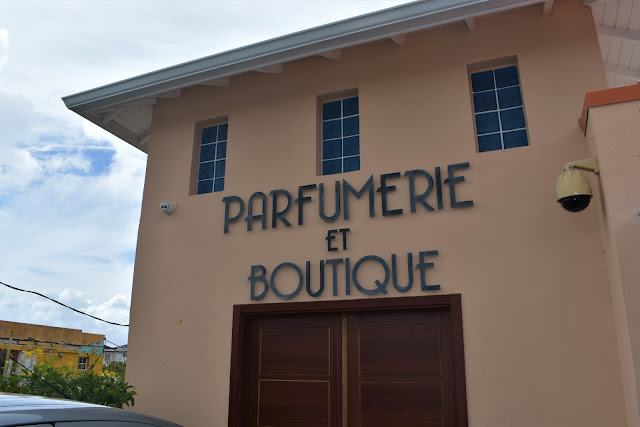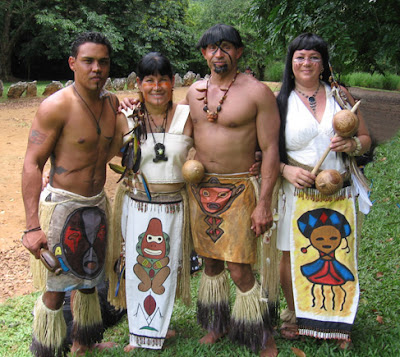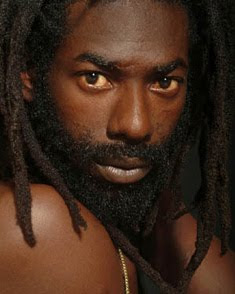Reading Down Babylon

Caribbean culture brims with nuance. A rural Jamaican patois sounds flatter than a Kingston accent, which doesn't sound as British as a Trinidadian one. Bajan rice and peas typically boast coconut milk, which you'll never find in the same staple prepared in St. Croix. These details never quite translate to the broad, mostly off key caricatures that fill American media. There's a whole lot more to the region than smiling faces, jerk chicken and ganja. Trust me. If you can't travel to the Caribbean and experience the complexities, the next best thing is to read Caribbean literature that captures the richness of a specific island. Geoffrey Philp's Who's Your Daddy and Other Stories not only conjures up the sounds and images of rural Jamaica, it also reflects the Jamaican community in Miami, which is an element that I've never seen portrayed quite so vividly.
I found myself enmeshed in the layers of Cuban and Jamaican politics with the riveting story, Joseph's Dream. Joseph has clawed his way up from rural Jamaica to the head of a Miami daycare empire. Along the way, he meets Silvio, A Cuban immigrant who prides himself in the honor of his family name. Silvio rails against the perception that all Cubans are corrupt. Joseph rails against the stereotype of all Jamaicans being drug dealers. They eat arroz con pollo together and join forces. Silvio heads the Hialeah branch of the daycare and builds a tight connection with the local Cuban community. When Silvio needs help, he hires his cousin Caridad,who represents the new Latin women with looks, charm and degrees. But all is not as it appears, as Betty, Joseph's homespun Jamaican secretary observes, "sorry for mawga dawg, mawga dawg turn round and bite you." (Mawga means scrawny.) It's an old Jamaican saying popularized by a Peter Tosh tune that basically means that many will bite the hand that feeds them. Caridad turns on Silvio and Joseph, tearing down their shining Jamaican and Cuban partnership. The story reveals a lot about the tensions between the two groups and the possibilities for true community.
Another story, I Want To Disturb My Neighbor explores the spiritual and religious aspects of rural Jamaica. I enjoyed the tale because it gives an authentic picture of the struggle between mainstream religion and Rastafari. Contrary to popular belief, Rastafarianism, which holds that the late Ethiopian emperor Haile Selassie is Jesus Christ returned, has never won widespread acceptance anywhere in the Caribbean. Most practitioners were regularly persecuted until very recently. In the story, Courtneigh, an adolescent boy, is sent by his mother to tell their rasta neighbor Jah Mick, to turn his reggae music down so she can lead a bible study. Humorous and direct, Courtneigh boasts a colorful voice that dissects the real issues behind the adults problems. "Jah Mick had gone up as Michael, what society people like my mother used to call "a decent boy." But he'd come back six months ago with a new name and a new flex, a beard and long dreads-a "boogooyagga." You don't need no translation. So it mean, so it sound. Say it, "Boo-goo-yagga, Boo-goo-yagga." It sound bad, eh?"
A poet, playwright and English professor, Geoffrey Philp fills his stories with the lyricism of Jamaican speech as well as engaging characters. There are quite a few married playboys with "outside children," a closeted and torn gay teen, a first person tale of Geoffrey using his hypnotic Jamaican dialect to sweet talk an unreliable refrigerator and even a dread-locked vampire. The collection's 20 stories serve as an inventive display of the many nuances of Jamaican culture. Check out more of Geoffrey's writing on his popular blog.




Comments
Give thanks for this. I'm glad that you liked the stories and could see many of the things that others have been unable to see.
1Love,
Geoffrey
Ibou, That's wonderful! Let me know what you think!
Stephen, Thanks! Geoffrey really pulls you in to an intriguing world.